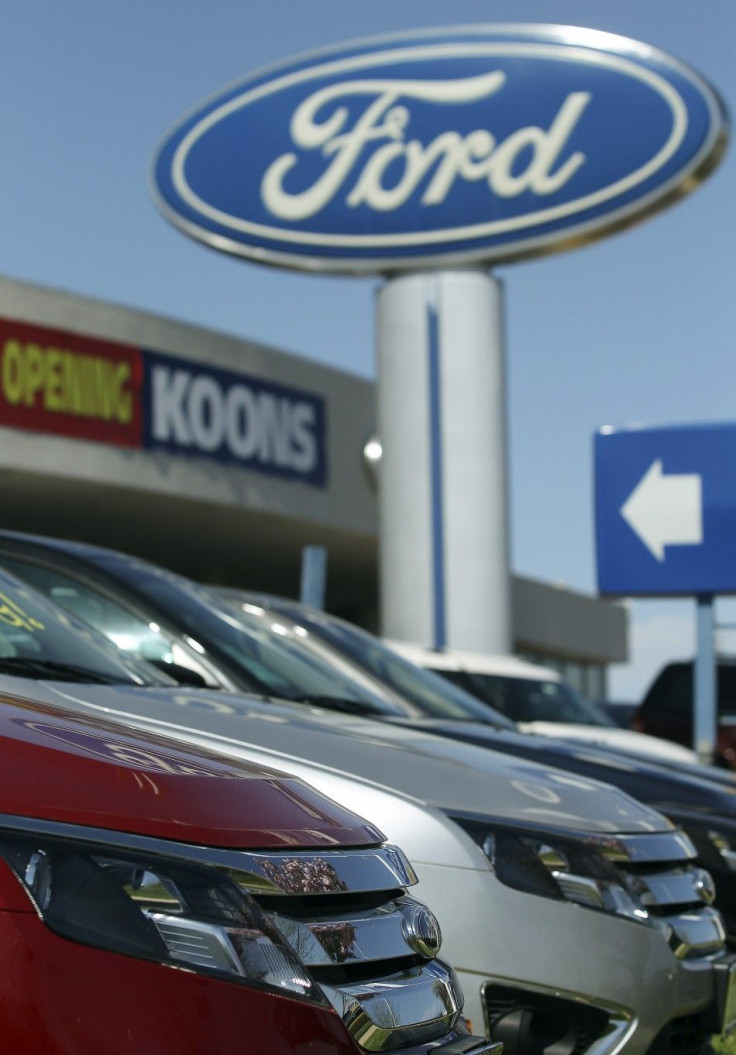
Lenders are offering a new 97-month car loan, a more flexible repayment term that will attract more people into buying cars.
According to The Wall Street Journal, new vehicle prices have steadily climbed by approximately 9 percent in the past four years. However, the personal income has remained stagnant since the brutal financial crisis of 2008, causing less and less people to afford new cars.
A complex circumstance, lenders are looking to extend terms to 97-month car loans, or eight years of monthly payments, to dull the burden of costly monthly payments.
"Consumers tend to be monthly payment buyers. One way that lenders compete is to offer longer term loans," explained Melinda Zabritski, Experian director of automotive credit. What's more, Zabritski says the greater availability of credit is helping the surge in new car sales.
"I had a new baby on the way, and I was trying to keep my monthly payment a little bit lower to help afford child care," said Nakisha Bishop, a 34-year-old sheriff's deputy in Palm Beach County, Florida.
A 97-month car loan may seem extreme, but auto lenders have already built a habit of extending an average of 65 months loan terms (five years and five months of monthly payments) for 2012. What's more, approximately 17 percent of all new-car loans range between 73 to 84 month terms, a significant 11 percent leap from four years ago.
Buyers find extended terms like the 97-month car loan attractive due to a desire to keep monthly payments below the $500 mark. In addition, buyers benefit from lower interest rates as well. Despite the surge in new car sales that follow the introduction of extended loan terms, lenders may suffer more risk as a six- or seven-year loan means car-buyers take longer to reach the point where they owe less on the car than it is worth. Negative equity on a vehicle will make it harder to trade or sell if the owner can no longer fulfill payments.
A second side-effect of a 97-month car loan is the longer period buyers will keep their cars. According to Ford Motor Co. spokesperson Margaret Mellott, the automaker wants new-car loans to average no longer than 60 months in order to keep consumers coming back.
"We don't want to keep buyers out of the showroom longer than that," said Mellott.
Other risks taken on by lenders are subprime loans to extend credit to risky buyers. Reuters report loans to subprime borrowers surged 18 percent in 2012. Unfortunately, many of these subprime loans make their way to personal bankruptcy filings.
As a result, financial experts are keeping a close eye on the new surge of subprime auto loans. The Federal reserve has managed to keep interest rates low, causing loans to gain popularity. Some economists are concerned the new low short-term interest rates will create more financial bubbles.
"It's the same sort of thing we saw in 2007," said Bank for International Settlements economist William White. "People get driven to do riskier and riskier things."
Now it's your turn: Are you for or against the 97-month car loan? Let us know in the comment section below.




